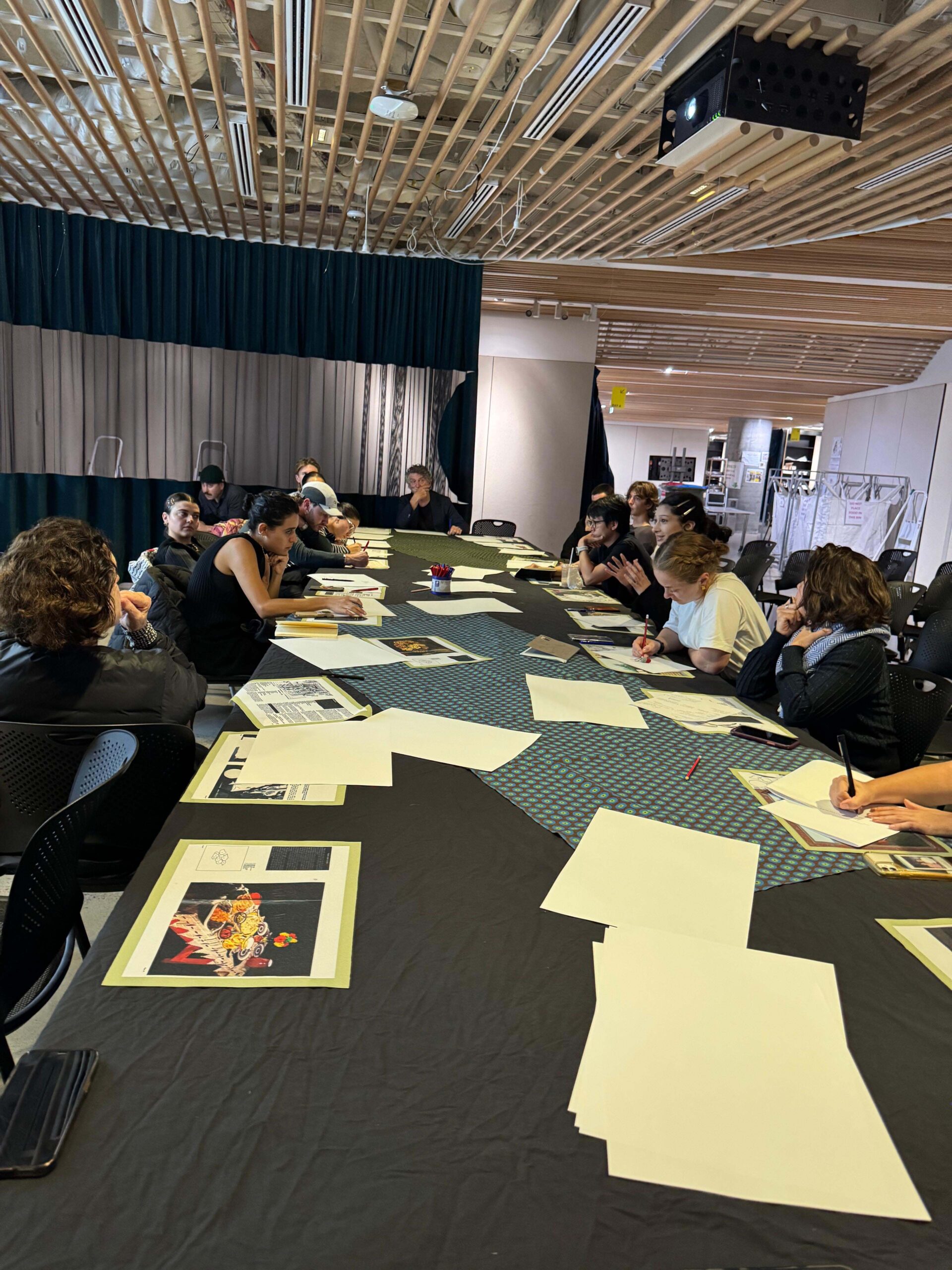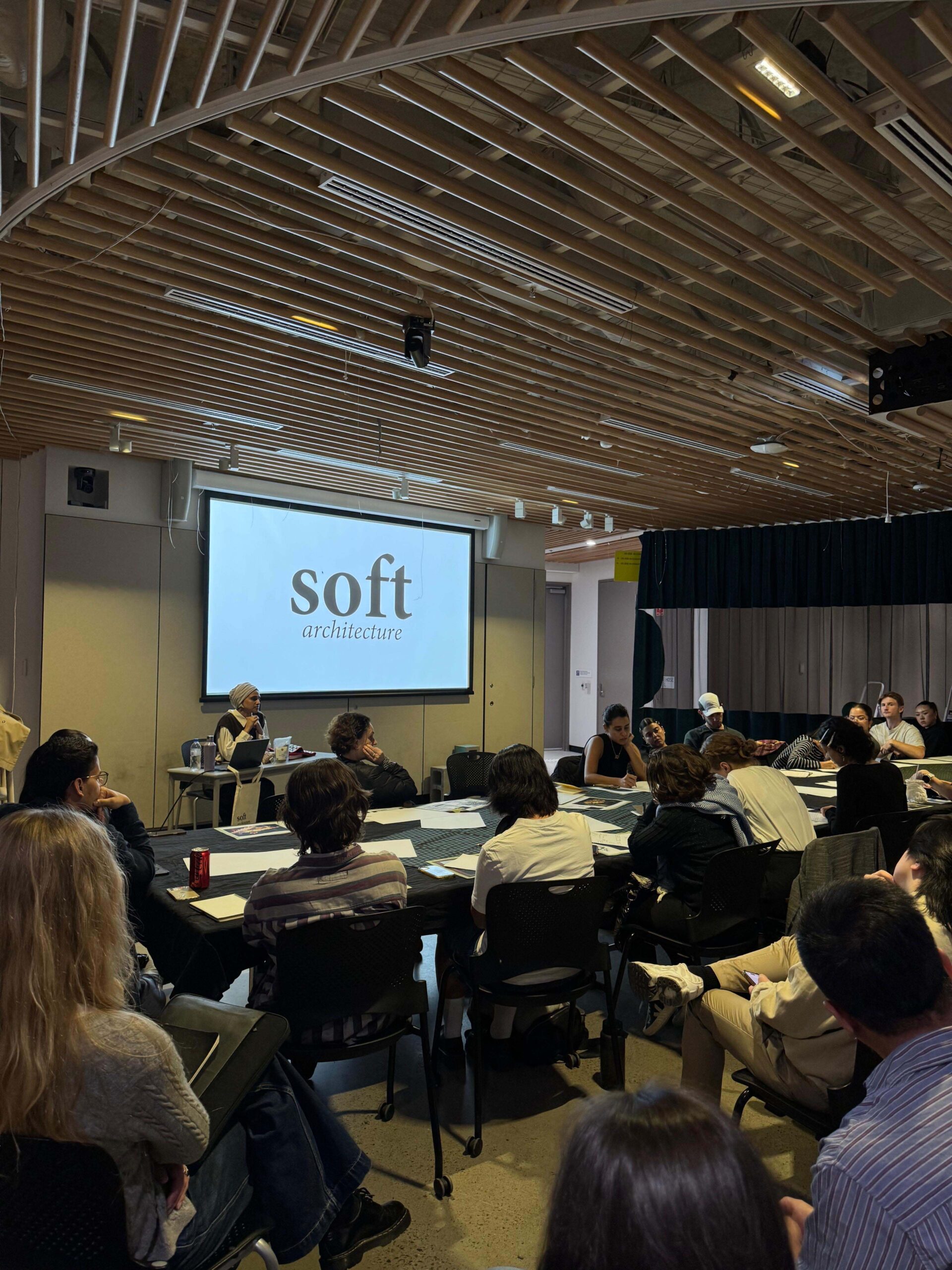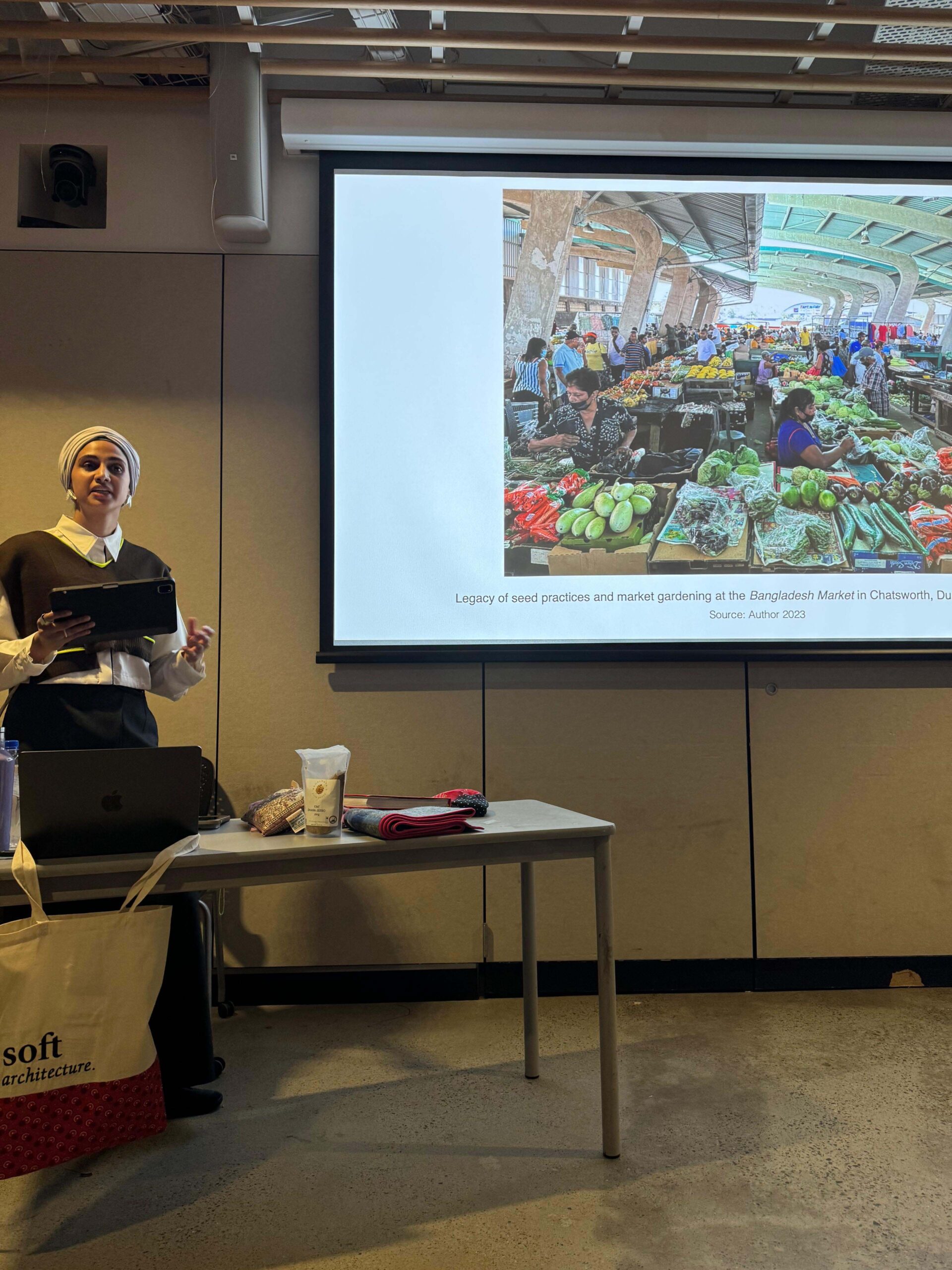‘Soft Architecture: Afro-Indian Spatial Strategies under Hard Migrations’ Amina Kaskar
Wednesday 13 August 2025, 6:00 PM
Amina Kaskar, a South African architect and the newly appointed Rothwell Chair Postdoctoral Research Associate at the University of Sydney, brings a unique lens to the intersection of architecture, migration, and cultural identity. Her work, which intertwines soft architecture, textiles, gender, and migration, creates new categories to explore and understand the city.
Amina’s research is grounded in her recently completed PhD at KU Leuven, Belgium, where she explored the material and spatial practices of migrants in exclusionary environments, uncovering opportunities for reclamation and agency through soft spatial practices. Her research builds on ideas developed through her practice at Counterspace, a Johannesburg-based studio she co-founded from 2014-2020, which focused on interventionist architectural responses including exhibitions, installations, and public events—most notably, the design of the Serpentine Pavilion in 2020.
Drawing from African and Indian material cultures, Amina’s work highlights how soft architectural practices connect to shared identities, aspirations, and rituals. Her research explores how collective identities within the South African Indian diaspora are reflected through plants, food, and textiles— challenging conventional architectural norms and advocating for the inclusion of non-normative materialities. Her research uses visual ethnographic methods to explore diasporic rituals examining their role in creating spaces of belonging and resistance.
This public lecture was made possible through the generous support of alumni Garry and Susan Rothwell.
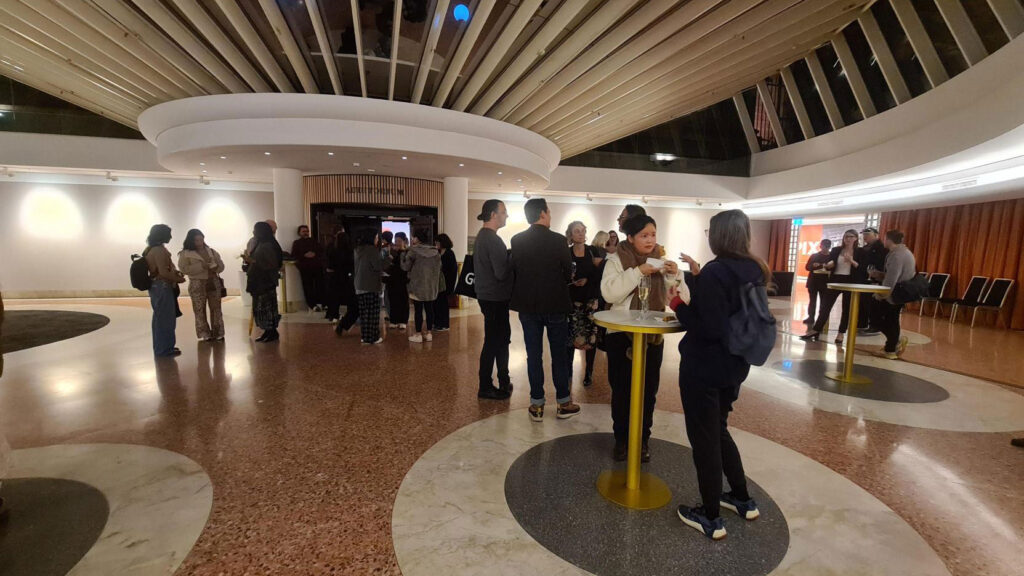
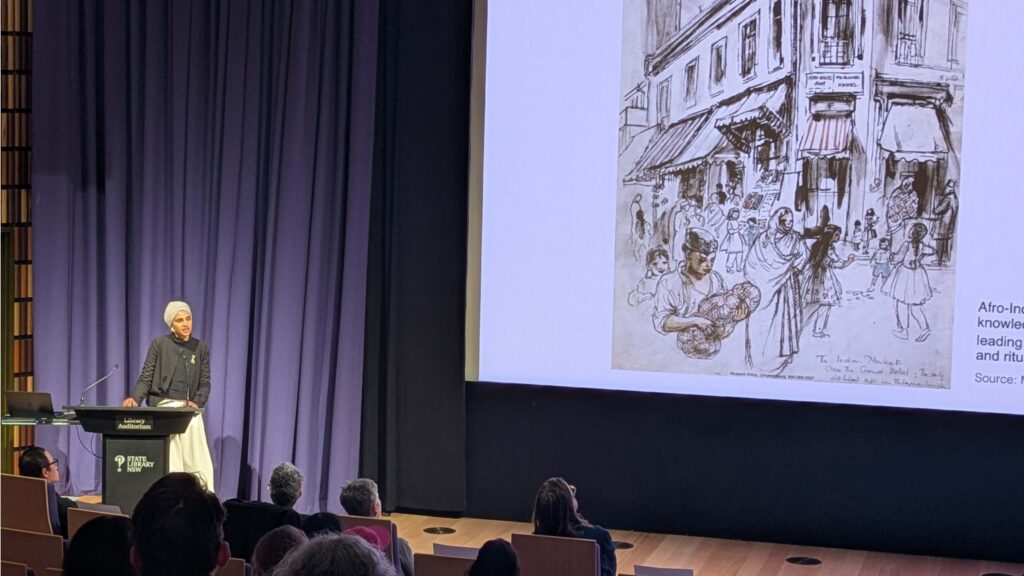
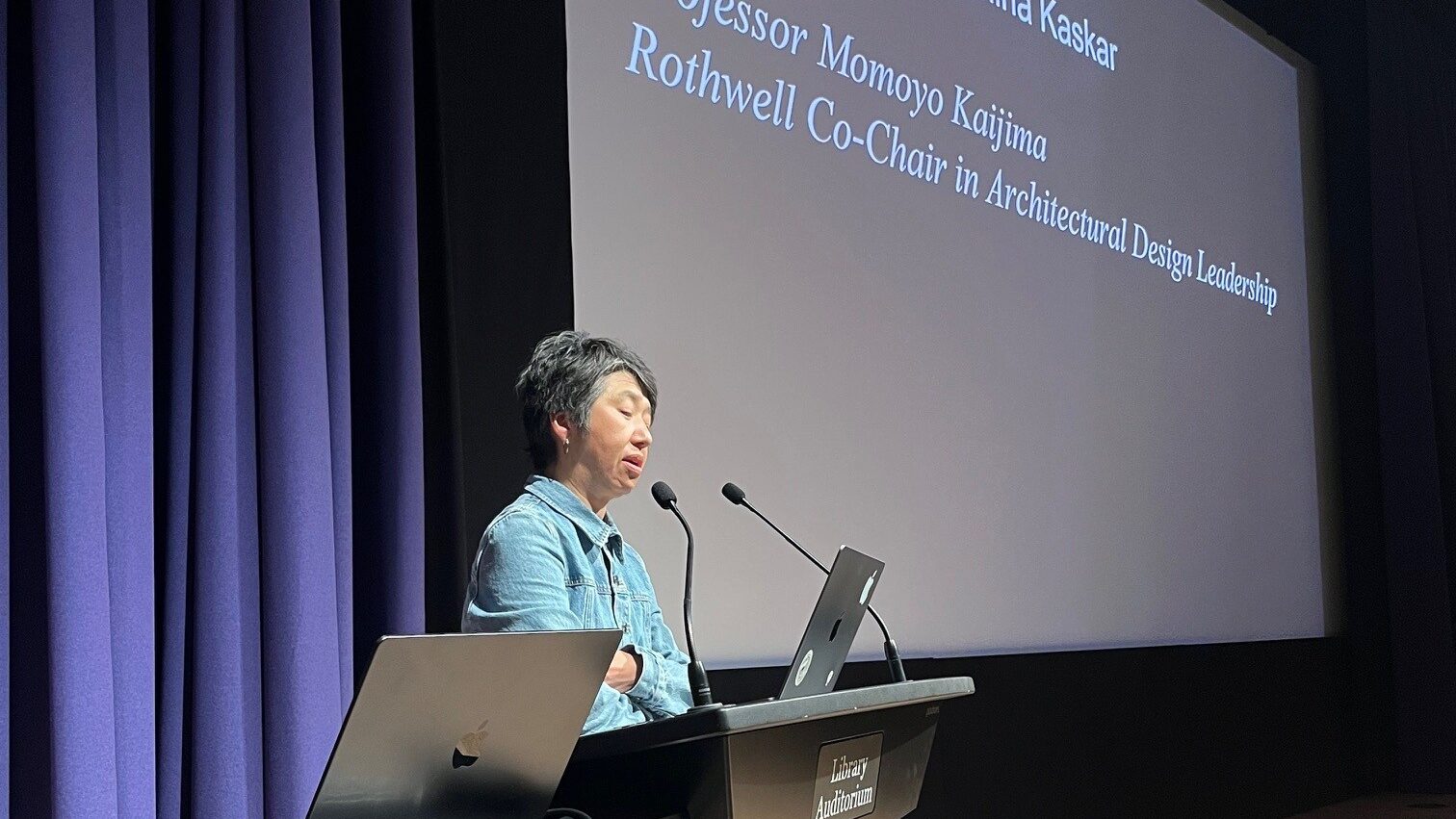
‘Soft Architecture: Workshop: UTS Solidarity Public Program‘ Amina Kaskar
Monday 5 May 2025, 6:00 PM
Amid ongoing violence, displacement, and cultural instability, there is an urgent need to rethink architecture as a tool for destruction and erasure. This work advocates for a transformative shift by drawing on the material and spatial practices of migrants. Migrants often create soft architectures—temporary, inter-scalar spaces—that resist restrictive systems and offer opportunities for reclamation and agency within exclusionary environments. Soft architecture is embodied in the objects and knowledge migrants carry with them as they build their homes. These practices engage with micro-transactions and community organisations, fostering spaces where cultural and social production thrive. Within the South African Indian diaspora, these practices are tangible through the tactility of plants, food, and textiles.
With this in mind, please bring an object that represents your understanding of soft architecture—something that evokes meaning, joy, or agency for you or your community. This could be anything from a cookbook to a prayer mat, a fashion magazine to a musical instrument. Using drawing as a tool, we will explore how these objects communicate temporal practices, social agency, and spatial contributions. This activity will serve as a personal entry point for storytelling, fostering cross-cultural connections and deepening our collective understanding of softness and solidarity in architecture.
